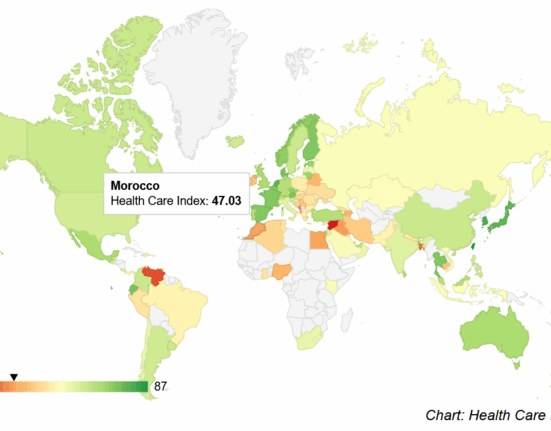2027 presidential aspirant Peter Obi recently made a bold statement, expressing his belief that the northern region of Nigeria would celebrate his presidency. This proclamation by Obi, a prominent figure in Nigerian politics, has sparked discussions and raised curiosity about the potential implications of such a scenario.
To understand the significance of Obi’s statement, it is essential to delve into the background context of Nigerian politics and the dynamics between the North and South. Nigeria, a country known for its diverse cultural heritage and complex political landscape, has a history of regional differences and power struggles.
In the context of Nigerian politics, the relationship between the North and South has often been characterized by tensions and rivalries. The North, with its predominantly Hausa-Fulani population, has historically held significant political influence, while the South, comprising various ethnic groups such as the Igbo, Yoruba, and others, has also played a crucial role in shaping the country’s political landscape.
Obi’s assertion that the North would celebrate his presidency reflects his strategic positioning and outreach efforts to garner support across different regions of Nigeria. By making such a statement, Obi aims to project himself as a unifying figure capable of bridging the North-South divide and fostering national cohesion.
One key aspect of Obi’s statement is the implicit recognition of the need for inclusive leadership that transcends regional boundaries. In a country as diverse as Nigeria, where ethnic and religious differences often fuel political tensions, the ability to appeal to a broad spectrum of the population is crucial for any aspiring leader.
Obi’s confidence in his ability to win over the North highlights the evolving dynamics of Nigerian politics and the shifting alliances that define the country’s electoral landscape.
His assertion underscores the growing importance of building cross-regional coalitions and alliances to secure electoral victory and govern effectively.
To further illustrate the potential implications of Obi’s statement, it is instructive to look at historical examples of leaders who successfully navigated regional divides to achieve national acclaim. Leaders like Nelson Mandela in South Africa and Barack Obama in the United States demonstrated the transformative power of inclusive leadership that transcends traditional fault lines.
Obi’s assertion reflects a strategic calculation aimed at positioning himself as a candidate who can appeal to a broad cross-section of Nigerian society and address the country’s pressing challenges.
By signaling his intention to bridge regional divides and promote national unity, Obi is signaling his commitment to inclusive governance and a vision for a more cohesive and prosperous Nigeria.
In considering the future trends and outlook for Nigerian politics, Obi’s statement points to a growing awareness of the need for leaders who can navigate the complexities of a diverse society and build consensus across different interest groups. As Nigeria grapples with issues of insecurity, economic development, and social cohesion, the role of leadership in fostering unity and progress becomes increasingly crucial.
Obi’s declaration opens up a broader conversation about the kind of leadership that Nigeria needs in the 21st century and the qualities that will define successful political leadership in the years to come.
By emphasizing the importance of national unity and inclusivity, Obi is setting a precedent for future leaders and signaling a departure from divisive politics towards a more collaborative and harmonious approach to governance.
In conclusion, Peter Obi’s statement that the North will celebrate him if he becomes president encapsulates the aspirational vision of a leader who seeks to transcend regional divisions and unite the country under a common purpose. By articulating his commitment to inclusive governance and national unity, Obi is signaling a new direction for Nigerian politics and setting a precedent for leaders to follow in his footsteps.
As Nigeria navigates its complex political landscape and seeks to address pressing challenges, the emergence of leaders like Obi who prioritize unity and inclusivity offers hope for a more prosperous and harmonious future for the nation. Obi’s assertion serves as a reminder of the transformative power of leadership in shaping the destiny of a nation and inspiring a shared vision of progress and prosperity for all its citizens.









Leave feedback about this